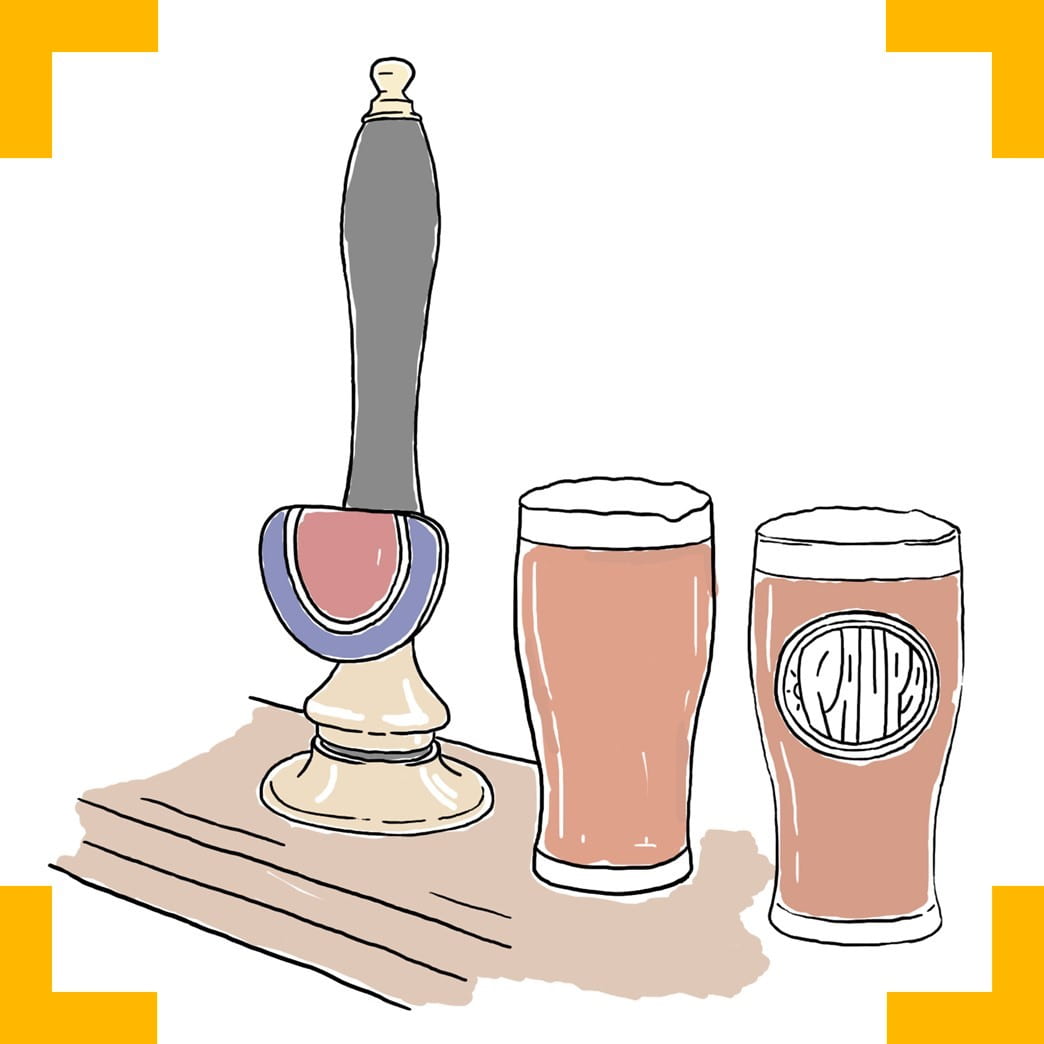Men in Pubs: Pubs as social spaces in the Life-stories of Older Men
How do pubs feature in older men’s life-histories? What role do pubs play in these men’s social lives? And how have these social spaces impacted on men’s social connections and networks in later life?

As the UK population ages, the number of older people at risk of social isolation and loneliness is on the rise, which can have a detrimental impact on physical and mental health outcomes for older adults. Despite this, evidence for ‘what works’ in reducing loneliness and social isolation amongst older people is limited, and studies that focus on older men alone are yet more limited still. Typically, women have wider social networks than men, meaning that older men have a social situation that is entirely specific to them.
What did the project involve?
The project sought to initiate a new interdisciplinary partnership on the topic of the role of pubs in the social lives and social connections of older men (65+) in Bristol. To do this the researchers established new collaborations with third sector organisations and Bristol-based stakeholders from the local hospitality sector and created and launched a novel beer mat that prompts conversation among men in pubs on this topic.
The project started off with a half-day event at the Tobacco Factory with representatives from Bristol Ageing Better, Bristol Older People’s Forum, Campaign for Real Ale, older community members (men aged 65 and over, recruited from the above organisations) and a panel of local pub landlords.
As well as being a chance for likeminded folk to discuss the topic at hand, the group presented research intended to stimulate discussion, and also presented their ‘design a beer mat, start a chat’ campaign.
In the months following, they held focus groups with 10 men aged 65 and over, discussing the social histories of local pubs and the role of pubs in their everyday lives. Through vibrant discussions, the researchers and attendees were about to learn more about men’s earlier and current experiences of pubs as social spaces.
A little further down the road, they held a 6pm launch event at a local pub to reveal the printed beer mats. Everyone who had been involved in the project joined together to discuss what had emerged from the earlier activities and played pub games.
Who are the team and what do they bring?
- Dr. Paul Willis (Policy Studies) lectures in social work, with a particular focus on social care and ageing, trans ageing and identity, and inclusive care provision for diverse groups of older people. He played a leading role in the development of partnerships with external stakeholders.
- Tricia Jessiman (Bristol Medical School) is a qualitative researcher working on studies involving vulnerable children, adults, and carers. She lead on the focus group activities, as well as providing qualitative analysis throughout the project.
- Professor Marcus Munafo (Psychological Science) has interests in tobacco and alcohol consumption. He offered topics for discussion during the focus groups, and supported the development of stakeholder partnerships.
- Dr. Mark Hailwood (Historical Studies) has expertise in the relationship between historical change and the everyday lives of ordinary men and women. He delivered a provocation about pubs and their role as social spaces, as well as supporting the facilitation of the focus groups.
What were the results?
The team established collaborations with third sector organisations and Bristol-based hospitality centres. More specifically still, they created and launched a selection of beer mats to prompt conversation among men on this very topic. The mats featured trivia questions and games, all aimed specifically at men, encouraging them to engage in conversation and feel a part of their community.
The beermats were an immediate hit, generating national news coverage and social media activity from ITV. An article was also published in the Bristol Post entitled ‘‘Beermates’ to tackle loneliness felt by older men’. Bristol Beer Factory even ordered their own batch to be used in their bars. For anyone interested in getting their own made, you can contact Dr. Willis on paul.willis@bristol.ac.uk.
Off the back of the project, Dr. Hailwood wrote a piece for History and Policy, prompting readers to think about ways the government might intervene in an epidemic of loneliness, concluding that the pub has a central role to play – particularly for older men.
The project has been summarised in an 8-page accessible booklet to encourage dissemination of their findings to a wider audience.

